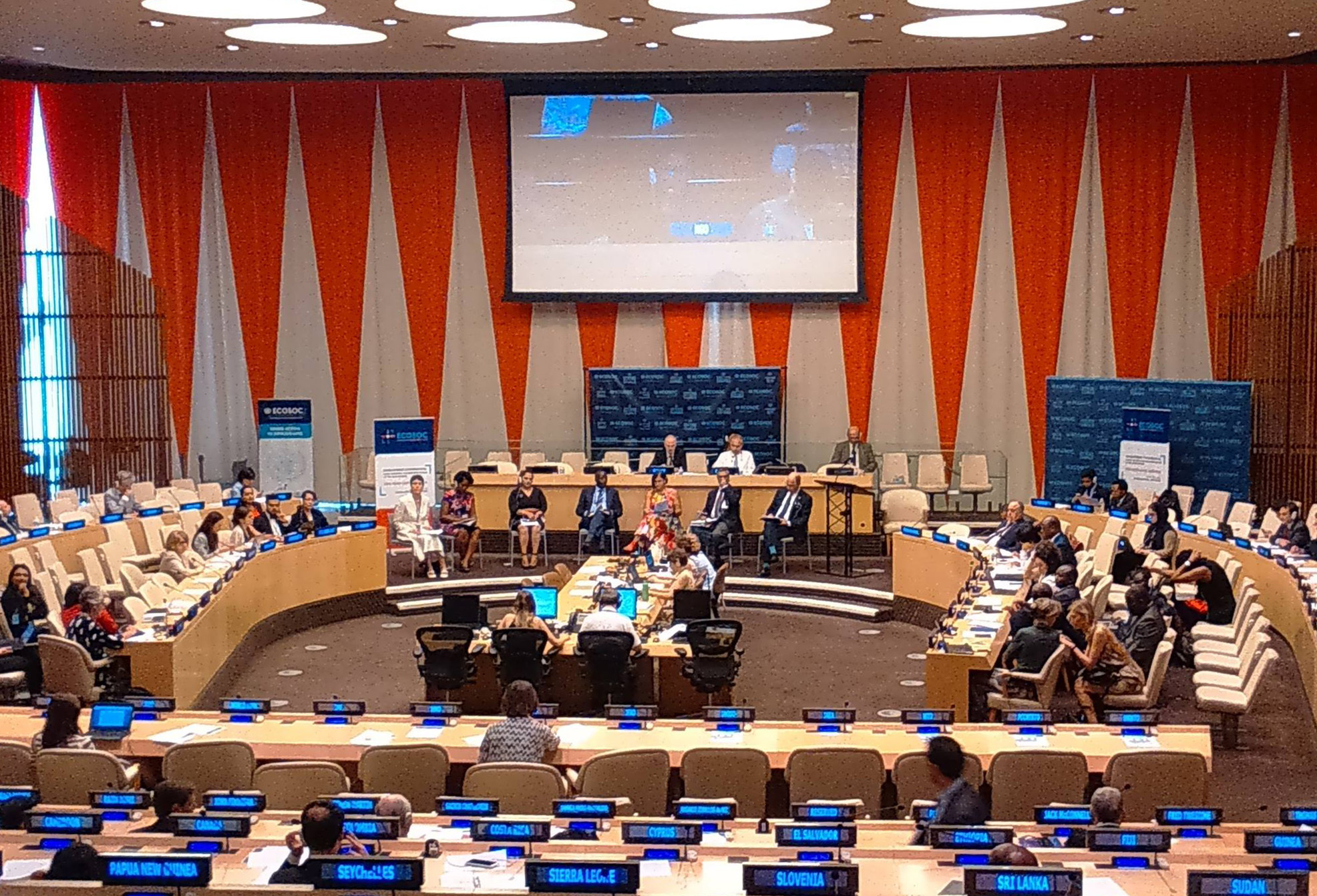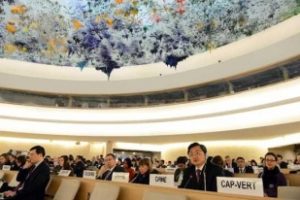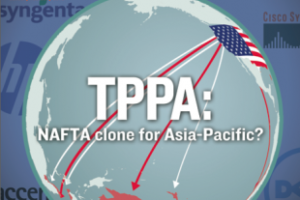[[{“type”:”media”,”view_mode”:”media_large”,”fid”:”1516″,”attributes”:{“alt”:””,”class”:”media-image”,”height”:”360″,”style”:”width: 240px; height: 180px; border-width: 1px; border-style: solid; margin: 1px;”,”typeof”:”foaf:Image”,”width”:”480″}}]]
IBON International participated in the Development Cooperation Forum (DCF) 5th Biennial High-Level Meeting at the United Nations Headquarters in New York on 21-22 July 2016, which was part of the High-level Segment of the United Nations Economic and Social Council (ECOSOC). The meeting focused on development cooperation as a lever for effective implementation of the 2030 Agenda. IBON International representative Jennifer del Rosario-Malonzo made an intervention during the session on "Monitoring and review of development cooperation in the 2030 Agenda: quality, effectiveness and impact for sustainable development." Below is the full text of her intervention.
The enabling principle to ascertain results that are effective, legitimate and people-centered are found in a rights-based approach to results that promotes human rights, gender equality, decent work, social justice and sustainability.
Development cooperation can support country results frameworks and monitoring and review processes by strengthening country systems, accountability mechanisms, and capacity development to enable meaningful participation in development processes.
For a country results framework to be effective, it entails national democratic ownership of results, meaning proper inclusive development processes that engages all stakeholders and are accountable to the people.
Democratic participation is key and ensuring the meaningful engagement of people’s organizations and CSOs in country results frameworks is a necessary ingredient. In this context, CSO policy influencing is not only about inclusive participation in consultations, which often remains episodic and at the discretion of governments. It is also about creating structured and permanent forums for multi-stakeholder dialogue that include a diversity of civil society actors, particularly those involving marginalized populations, in advising on and monitoring development results, indicators, plans and strategies.
There is also a need to practice inclusiveness in generating evidence and willingness to receive and process various forms of information from various stakeholders. Focus must not only be on quantitative forms of knowledge, but qualitative forms as well. For example, data from civil society on any negative impact of development cooperation programs on communities, human rights, and sustainable development need to be accommodated and processed.
CSO role in country results frameworks, however, needs to be hand in hand with developing capacities of civil society actors and providing an enabling environment for engagement. The effectiveness and inclusivity of multi-stakeholder forums for dialogue are closely related to an enabling environment for CSOs. Restrictions affecting CSOs, particularly in their capacities to express dissenting views and represent affected populations, pose serious challenges to the realization of democratic ownership which aims to broaden and deepen diversity of people’s participation in development.




